The 2023 Federal Budget represents a missed opportunity for the Albanese Government to commit to greater protections for our most vulnerable Aboriginal and Torres Strait Islander children, their families and communities.
While VACCA welcomes the cost-of-living relief measures, funding to support the Voice referendum, and investment in Aboriginal family violence introduced in this year’s Budget, there remains several critical gaps in logic.
This includes a lack of dedicated funding to reduce the number of Aboriginal children in out-of-home care. “It is deeply disappointing” says VACCA CEO Muriel Bamblett. “This budget neglects our most vulnerable; children in out of home care and their families that need extra help to keep their families together, safely.”
The relationship between family violence and child protection is well known. The Federal Government has failed to take the opportunity to invest in its own plan to ensure the safety of Aboriginal and Torres Strait Islander children in care. “This is why we need an Indigenous Voice to Parliament”, Mrs Bamblett added, “It is clear that the voice of Aboriginal children was not listened to or acted upon with this budget.”
“Earlier this year the Government released Action Plans under Safe and Supported, the National Framework for Protecting Australia’s Children. By not investing in its own plan, Government is signaling to the community that they are not serious in addressing the over representation of Aboriginal children in out of home care. We don’t want empty words but action”
Even with significant investment in family violence services and supports in the form of a dedicated Aboriginal and Torres Strait Islander Action Plan under the National Plan to End Violence against Women and Children, dedicated funding for child protection is critical to reducing the number of children in out of home care.
“While Government has demonstrated that they can commit to important funding for a dedicated National Plan for Aboriginal and Torres Strait Islander family violence, the tragedy is that more children will be taken unnecessarily from their families without the matched commitment to child and family supports through Safe and Supported” says Ms Bamblett.
“Victoria has taken a huge leap forward in committing to reforming child protection systems to address bias and racism against Aboriginal people. We need the rest of the country to follow. We are one Country. Where a child lives should not affect their life outcomes nor the ability to get appropriate supports and services.”
“You can’t pick and choose what voices you listen to. Children’s voices need to be privileged. This is the only way I can see brighter futures for Aboriginal children and all Aboriginal Australians.”
ABOUT VACCA - www.vacca.org
The Victorian Aboriginal Child Care Agency (VACCA) is the State’s leading Aboriginal child and family services organisation, and the largest provider of services for Aboriginal family violence and homelessness. We have been supporting children, young people and families in the community for 45 years, as an Aboriginal Community Controlled Organisation.
Through our vision of self-determination – Live, Experience, and Be – we work towards the healing of the Aboriginal community by strengthening the safety, wellbeing and culture connectedness of vulnerable community members, particularly children.
Contacts:
Beth Cesarin, Communications Manager VACCA
T: 0439 117 408 / E: @Bethc@vacca.org
Sarah Gafforini, Director Office of the CEO VACCA
T: 0427 0621 421/ E: Sarahg@vacca.org
We acknowledge the traditional owners of the lands on which we work. We pay our respects to their elders, past and present, and to their children and young people who are the future elders and caretakers of this great land.


